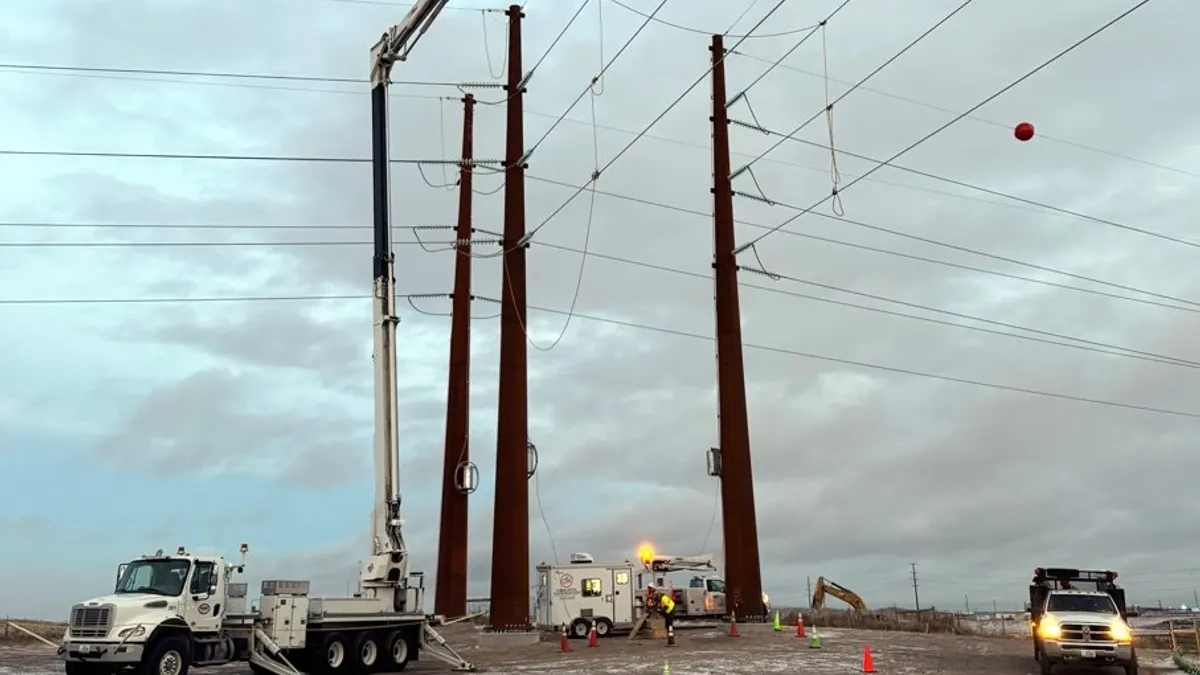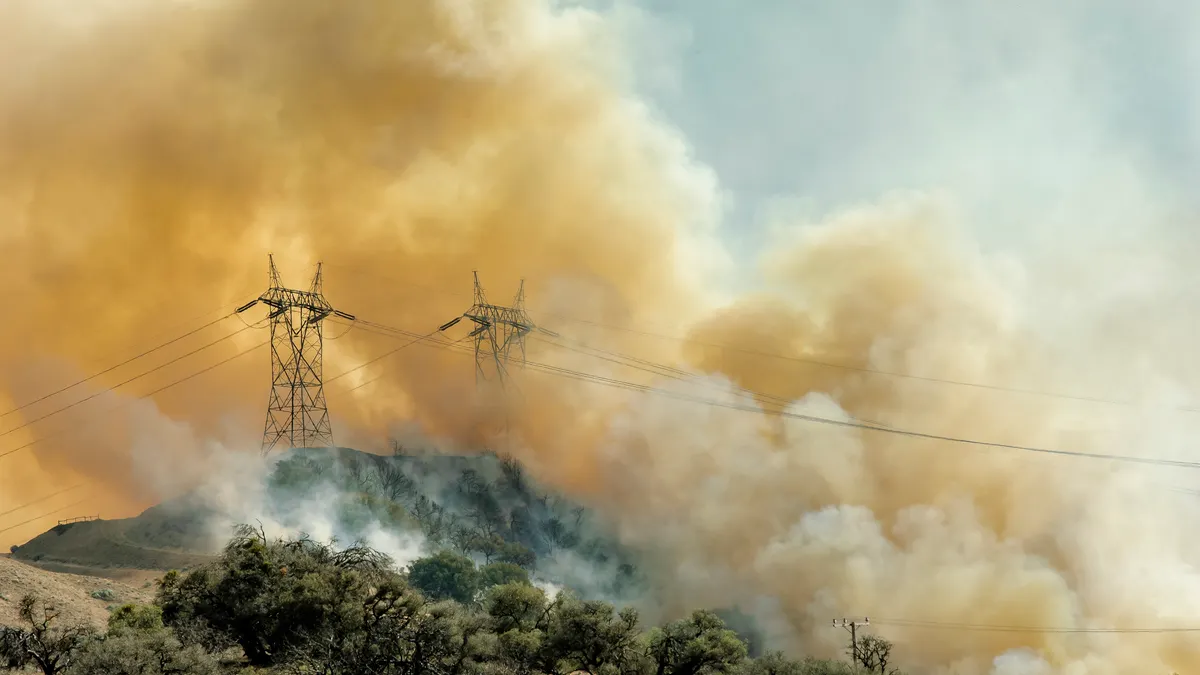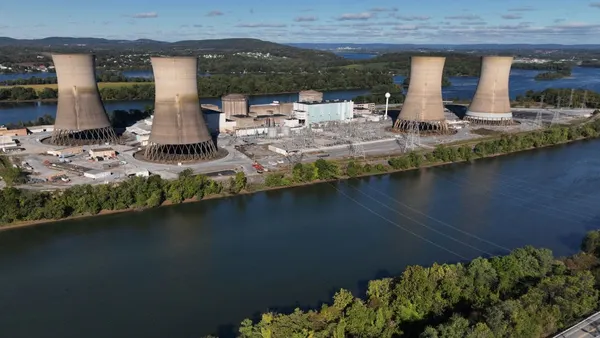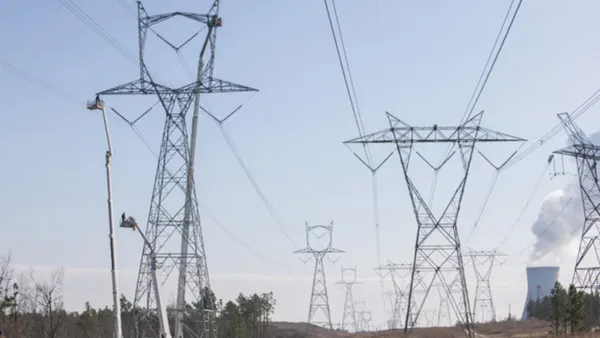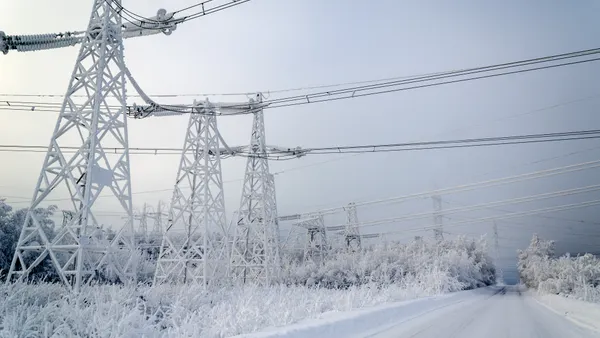Black Hills Corp. and NorthWestern Energy Group have agreed to merge, partly with an eye towards gaining financial strength during a period of grid expansion driven by data centers.
“We strongly believe that scale is necessary today given the unprecedented growth our sector is experiencing,” Brian Bird, president and CEO of NorthWestern Energy, said Tuesday during a conference call with analysts.
The planned merger may affect market development in the West. Black Hills is moving towards the Southwest Power Pool’s Markets+ day-ahead market while NorthWestern participates in the California Independent System Operator-run Western Energy Imbalance Market. NorthWestern hasn’t committed to joining Markets+ or CAISO’s planned extended day-ahead market.
NorthWestern, based in Sioux Falls, South Dakota, has about 790,000 electric and gas customers in Montana, Nebraska and South Dakota. Black Hills, headquartered in Rapid City, South Dakota, has about 1.4 million electric and gas customers in Arkansas, Colorado, Iowa, Kansas, Montana, Nebraska, South Dakota and Wyoming.
The merged utility company would be based in Rapid City and led by Bird. Black Hills President and CEO Linn Evans plans to retire when the merger is completed. A new name for the company will be picked before the merger closes.
The merger, slated to occur in late 2026, must be approved by the Federal Energy Regulatory Commission, the Montana Public Service Commission, the Nebraska Public Service Commission, the South Dakota Public Utilities Commission and, possibly, the Arkansas Public Service Commission.
Merger would form single utility company across eight states
Under a combined company, its long-term earnings per share growth rate would increase to 5% to 7% a year, up from 4% to 6% for each company, according to company officials.
“We believe this can be achieved through a combination of smaller equity issuances, operational optimization in the business, and enhanced growth opportunities of the combined business,” Bird said.
The merged utility company would have a combined capital expenditure plan of $7.4 billion from 2025 through 2029, according to the companies. However, the companies said they see additional opportunities for growth by serving data centers and large loads; building regional transmission; constructing generation; and adding gas transmission and storage.
The combined company will be able to compete more effectively for data center customers compared to two separate companies, Bird said, noting that the footprint of the combined utility company would cover about a fifth of the United States.
“If you want to do business in our states, you are going to be talking to us,” Bird said.
On July 30, NorthWestern said it signed a letter of intent to provide energy services to Quantica Infrastructure’s planned data centers in Montana, starting at 500 MW in an initial phase. The utility could begin delivering power starting next year, with potential expansion to 1 GW.
The proposed merger provides ample opportunities for financing and asset optimization and greater positioning for the combined company to capitalize on load trends in the region, KeyBanc Capital Markets analysts said in a note on Tuesday.
NorthWestern has pending data centers deals with Quantica, Atlas Power and Sabey Data Centers that could ramp up to 900 MW in the medium term, the analysts said. Also, Black Hills serves Cheyenne, Wyoming, an emerging data center market where the company offers relatively cheap commercial and industrial rates and access to fiber, they said.
“Overall, we believe the combination of [NorthWestern] and [Black Hills] position the combined company to provide a more comprehensive offering and improve its negotiations with prospective clients, increasing the potential for incremental load opportunities to materialize,” the KeyBanc analysts said.
Merging the companies will result in a stronger balance sheet, supporting the company’s capital plan without any equity needs, while easing some of the pressure from wildfire risks, the analysts said. Getting approval from the Montana PSC — historically a “challenging” commission — is the deal’s largest hurdle, they said.
Data center development, and their need for major power infrastructure, may drive further consolidation among utilities, according to Jefferies analysts.
“Consolidation in the Pacific Northwest continues to be a ripe area for discussion with a disproportionate number of sub-$10 [billion] market cap [utility] companies,” they said in a note on Tuesday.
Small- and mid-cap utility companies in the Northwest include Avista with a $3 billion market cap, Idacorp with a $6.8 billion market cap and Portland General Electric with a $4.7 billion market cap.



